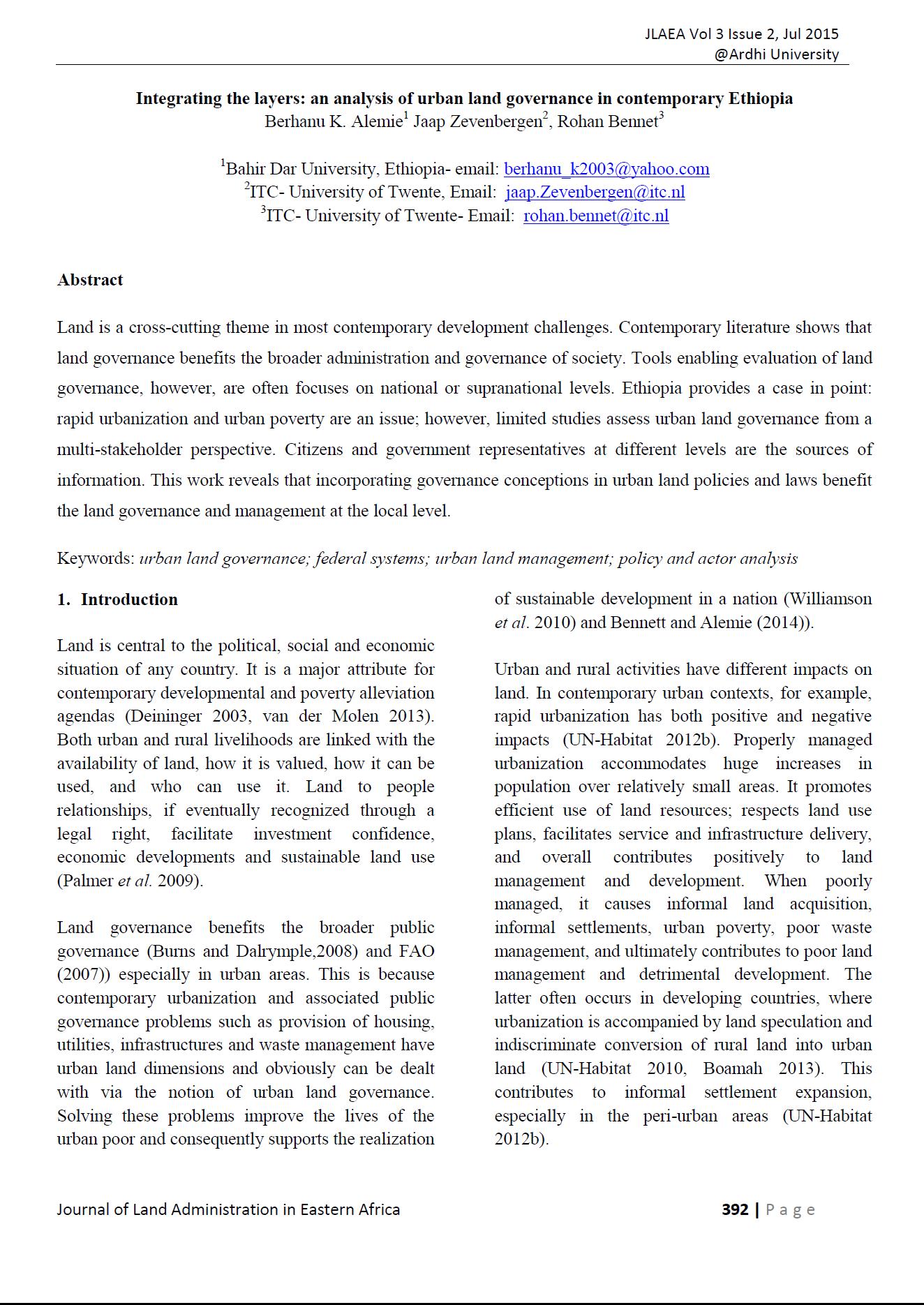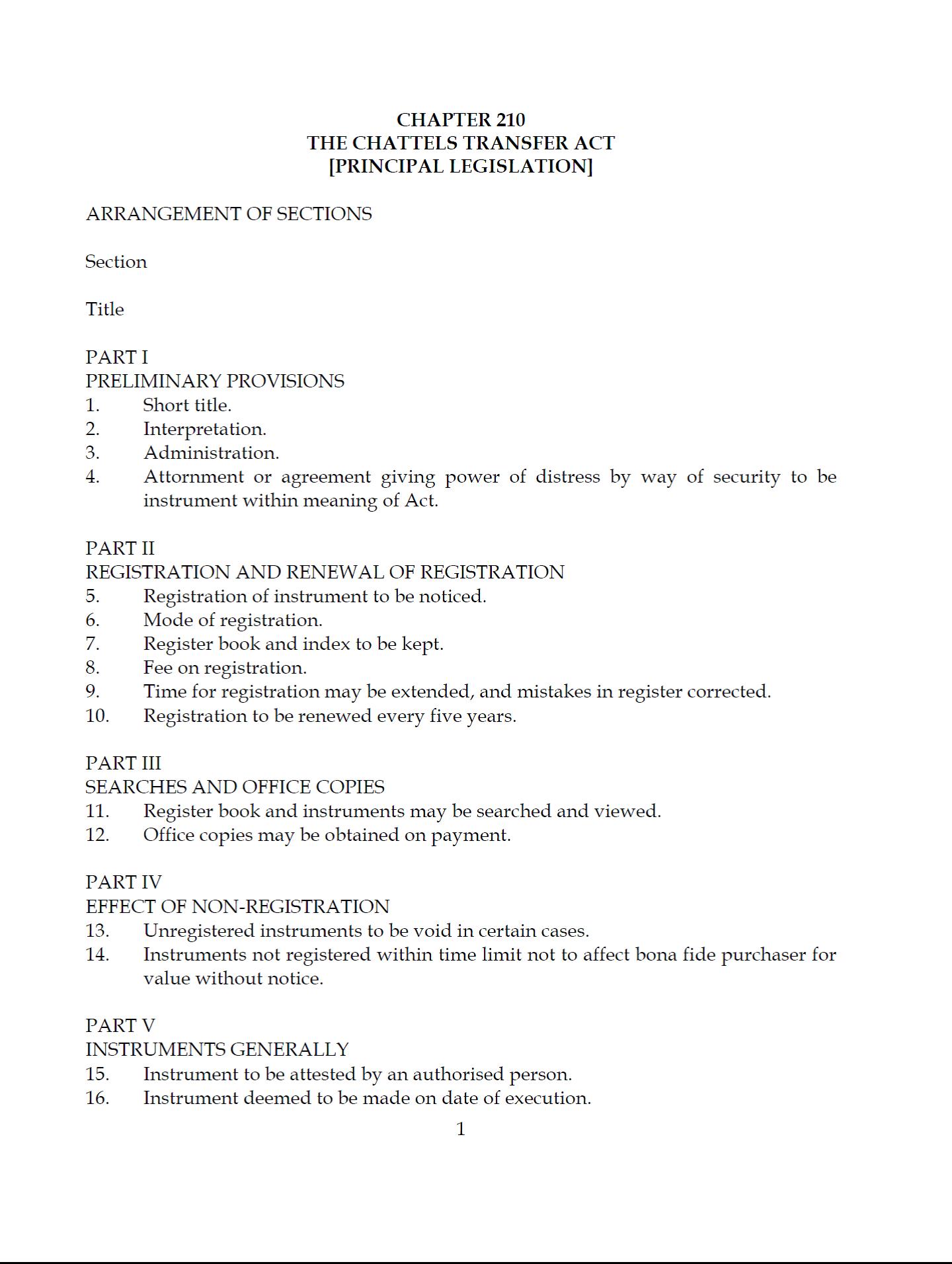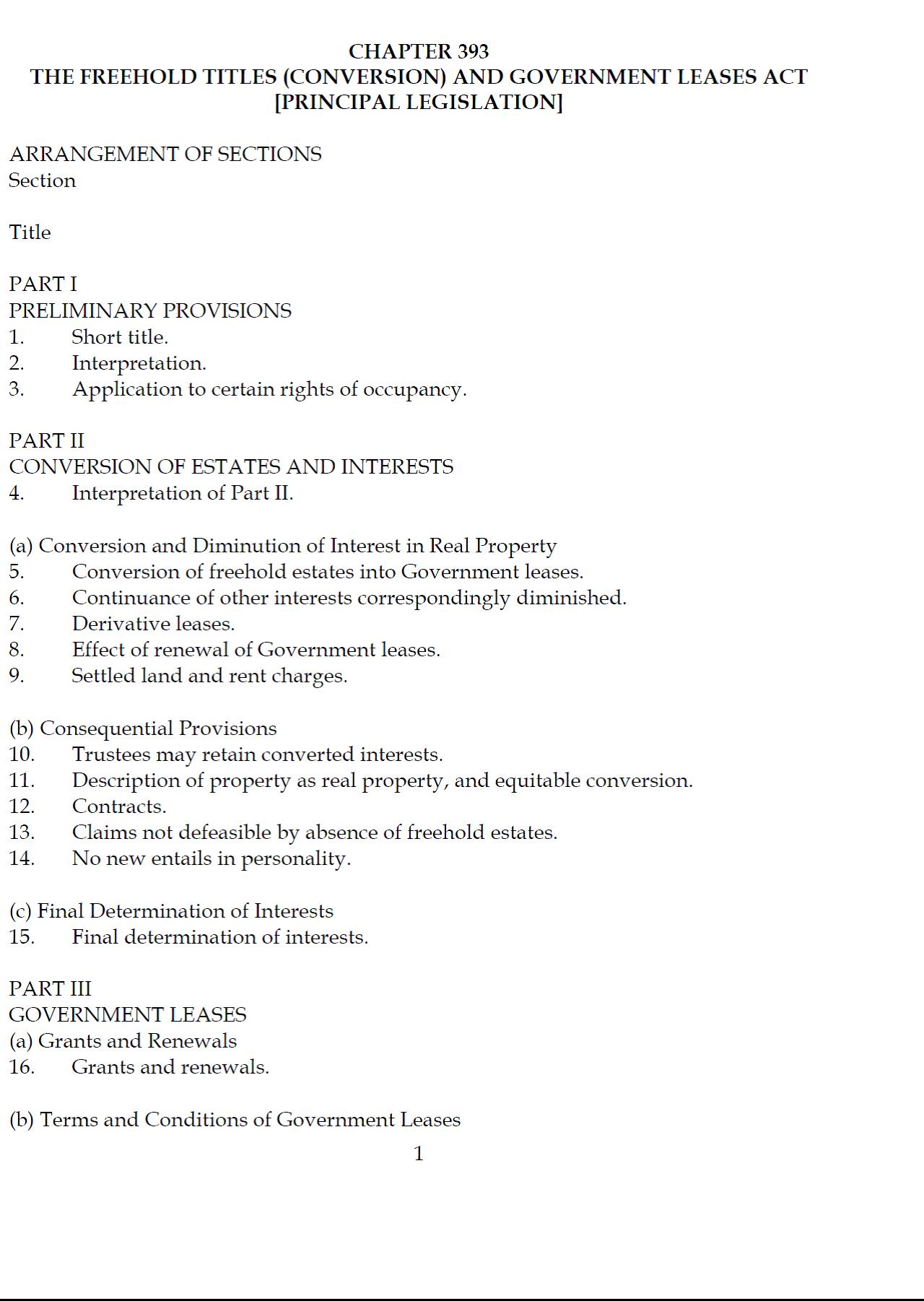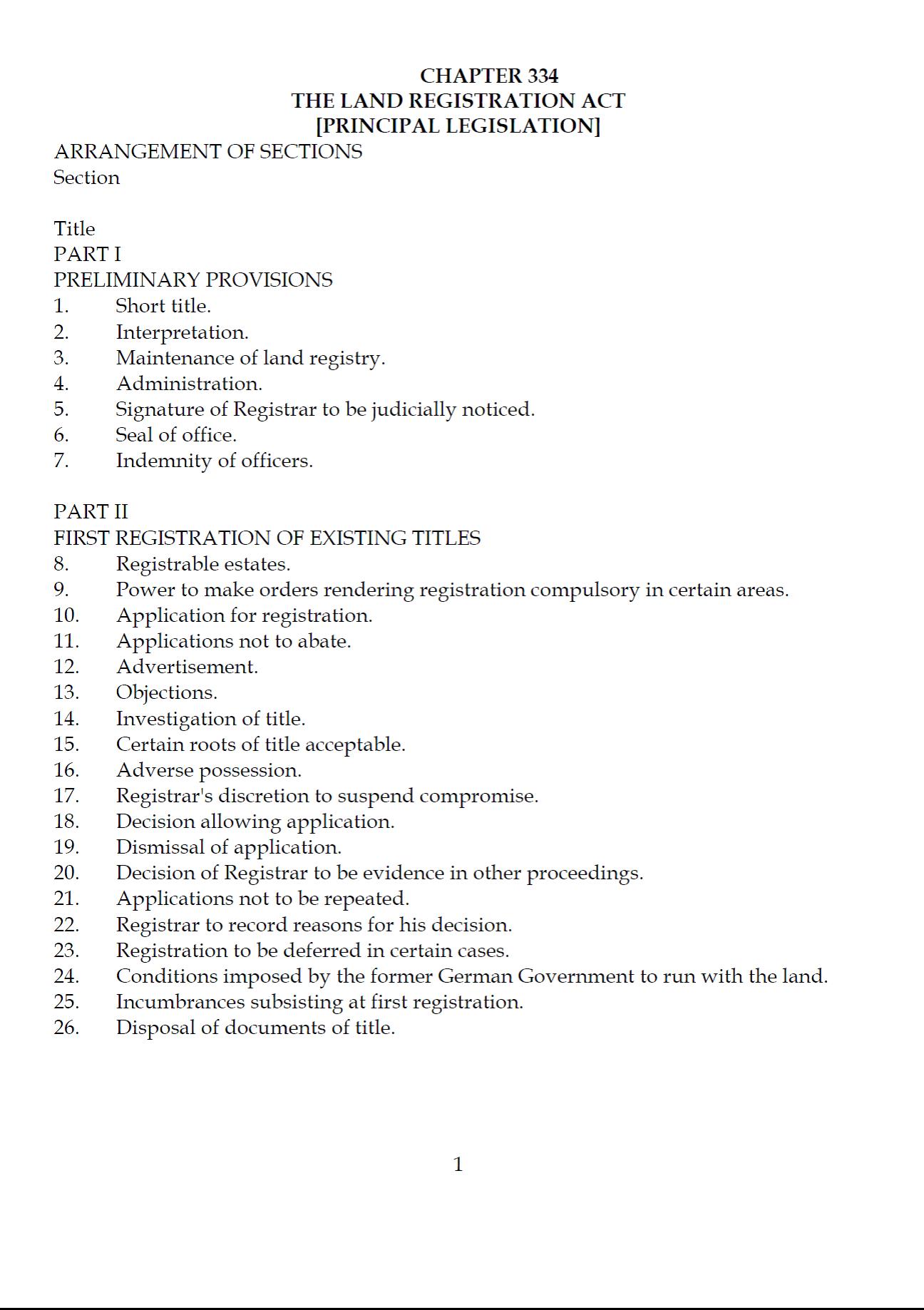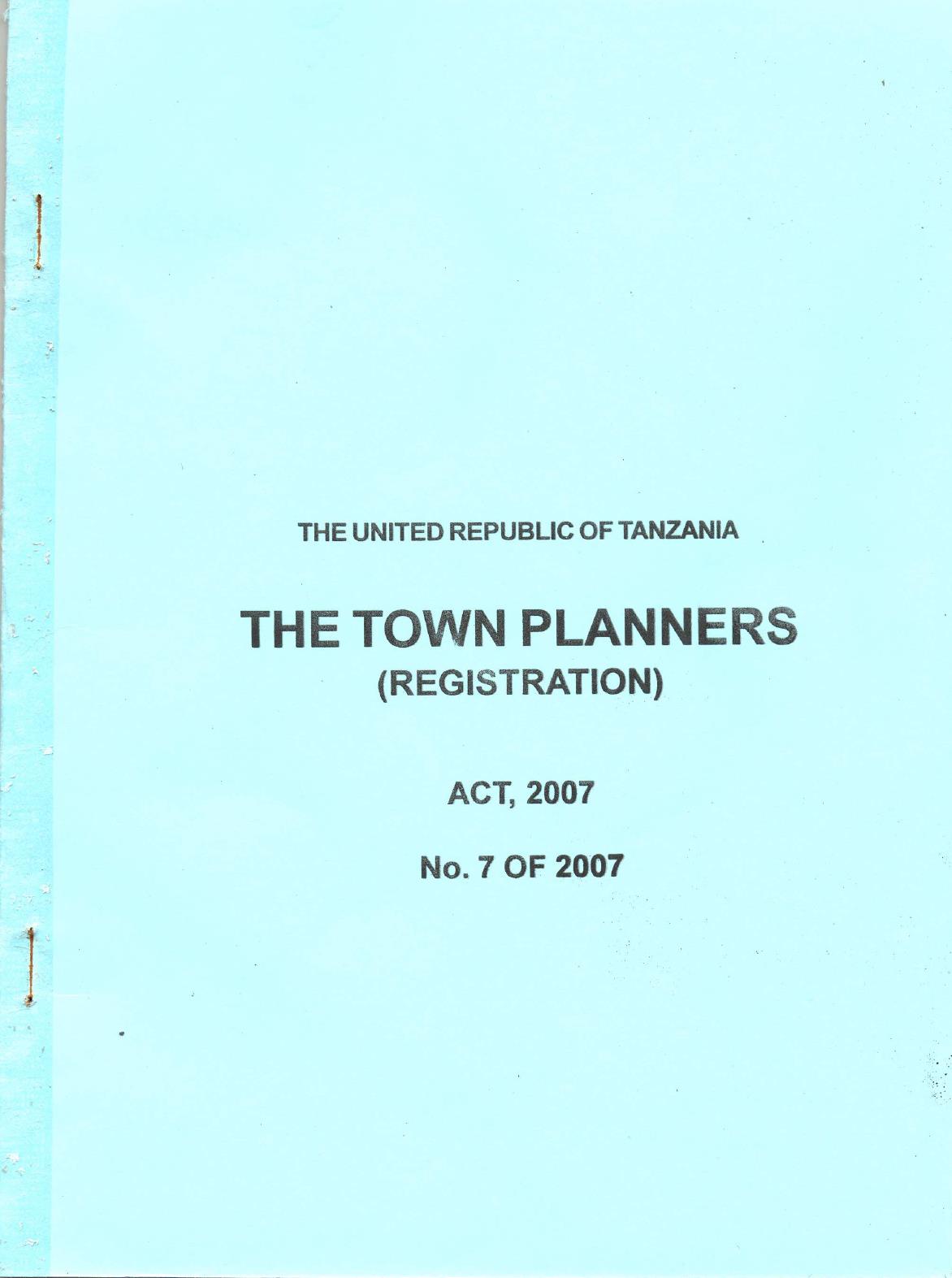Improving Land Acquisition and Voluntary Land Conversion in Vietnam
Successive policies of the Government of
Vietnam for economic reform and modernization have helped
Vietnam to emerge as one of the world's fastest growing
economies. The report provides continued recommendations on
improving land policies to ensure efficiency of their
practical implementation and to target at both economic
development and social sustainability. Policies with regard
to voluntary benefits sharing, promoting the participation


